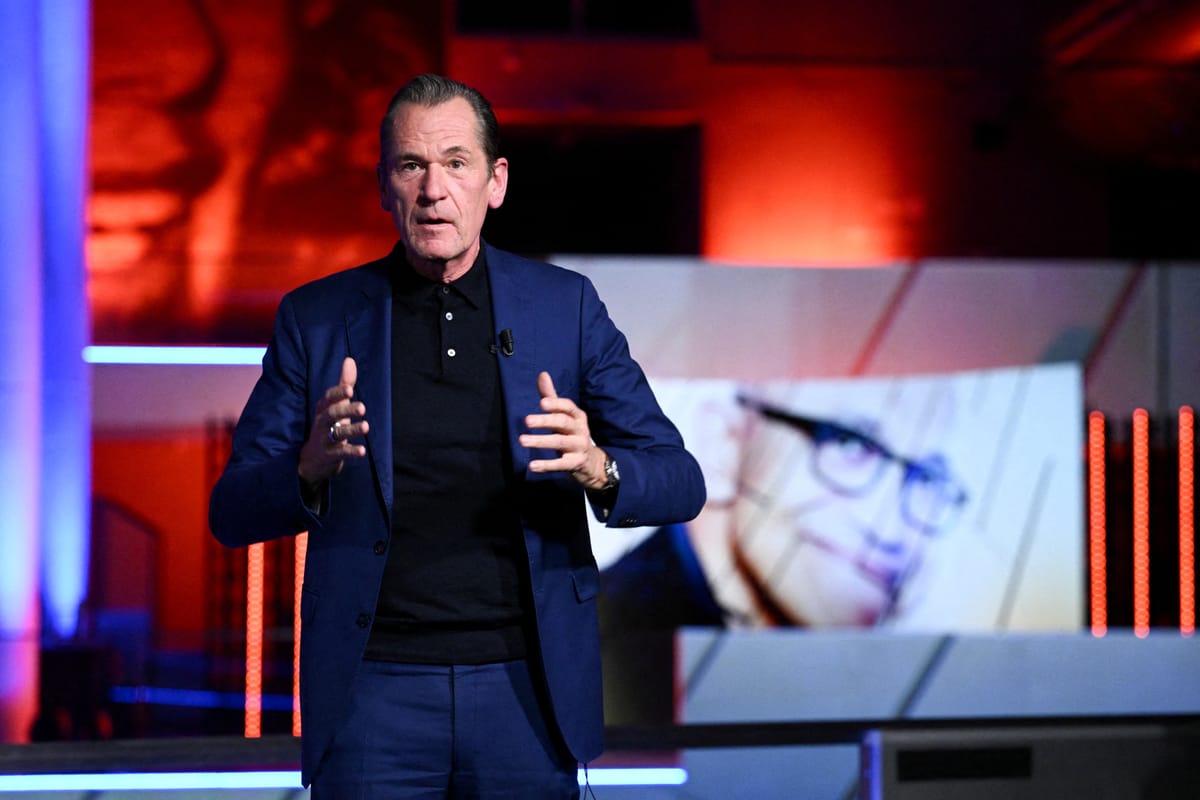OpenAI's newest journalism partnership – ChatGPT will deliver Axel Springer content to users
Axel Springer and OpenAI have joined forces in a deal for sharing content.

A few minutes every morning is all you need.
Stay up to date on the world's Headlines and Human Stories. It's fun, it's factual, it's fluff-free.
The backstory: Artificial intelligence (AI) companies like OpenAI need access to lots of data and published material to train their models. But lately, these AI companies have been running into trouble over the data they’ve used, with lawsuits cropping up accusing them of breaching copyright laws and using material without compensating the authors or owners. Notably, famous figures like screenwriter Michael Chabon, journalist Rachel Louise Snyder, George R.R. Martin, John Grisham, Jodi Picoult and comedian Sarah Silverman have filed lawsuits against OpenAI for copyright infringement.
One way to nip this in the bud would be to partner with publishers to license that material. On top of that, AI models like OpenAI’s ChatGPT would benefit from having access to accurate, recent information – so news publications are great sources of data. But news publishers have been hesitant to embrace AI over worries about its potential for generating misinformation and the challenges of telling apart content created by humans versus computers. In fact, a lot of them, including the BBC, CNN, The New York Times and Vox Media have blocked web crawlers from accessing their content.
More recently: In July, OpenAI teamed up with the Associated Press (AP). The tech giant made a deal for access to a chunk of AP's news archive to boost its AI model training. Meanwhile, News Corp's CEO Robert Thomson said in November the company was in talks to allow the use of its content for generative AI.
Earlier this month, the EU agreed on the world’s first comprehensive AI laws. These rules categorize AI based on risk levels, emphasizing transparency, including disclosing what materials companies train their models on. This could push tech firms to make more deals like these to avoid copyright lawsuits.
The development: Germany-based global media company Axel Springer, known for publications like Politico, Business Insider, Bild and Welt, is a key player in journalism. Now, Axel Springer and OpenAI have joined forces in a deal for sharing content. It will let ChatGPT summarize news content from Axel Springer's outlets as soon as it's published – meaning breaking news will be a part of the user experience. OpenAI also gets access to lots of Axel Springer content for AI training, including archived materials. In return, ChatGPT will link back to those sources, helping drive traffic and potential subscription sales. Though no financial details of the deal were disclosed, the agreement is for multiple years, and it’s not exclusive.
Key comments:
“This partnership with Axel Springer will help provide people with new ways to access quality, real-time news content through our AI tools. We are deeply committed to working with publishers and creators around the world and ensuring they benefit from advanced AI technology and new revenue models,” said Brad Lightcap, COO of OpenAI, in a statement.
"We want to explore the opportunities of AI-empowered journalism – to bring quality, societal relevance and the business model of journalism to the next level," said Axel Springer CEO Mathias Doepfner in a statement.
"The arrangement sees OpenAI licensing part of AP's text archive, while AP will leverage OpenAI's technology and product expertise," said AP and OpenAI in a joint statement, regarding their own deal made earlier this year.
"We are pleased that OpenAI recognizes that fact-based, nonpartisan news content is essential to this evolving technology and that they respect the value of our intellectual property," said Kristin Heitmann, AP senior vice president and chief revenue officer. "AP firmly supports a framework that will ensure intellectual property is protected and content creators are fairly compensated for their work."
"Generative AI is a vast new field for Silicon Valley's longstanding exploitation of content providers. Authors should have the right to decide when their works are used to 'train' AI," said author Jonathan Franzen back in September. "If they choose to opt in, they should be appropriately compensated."




Comments ()